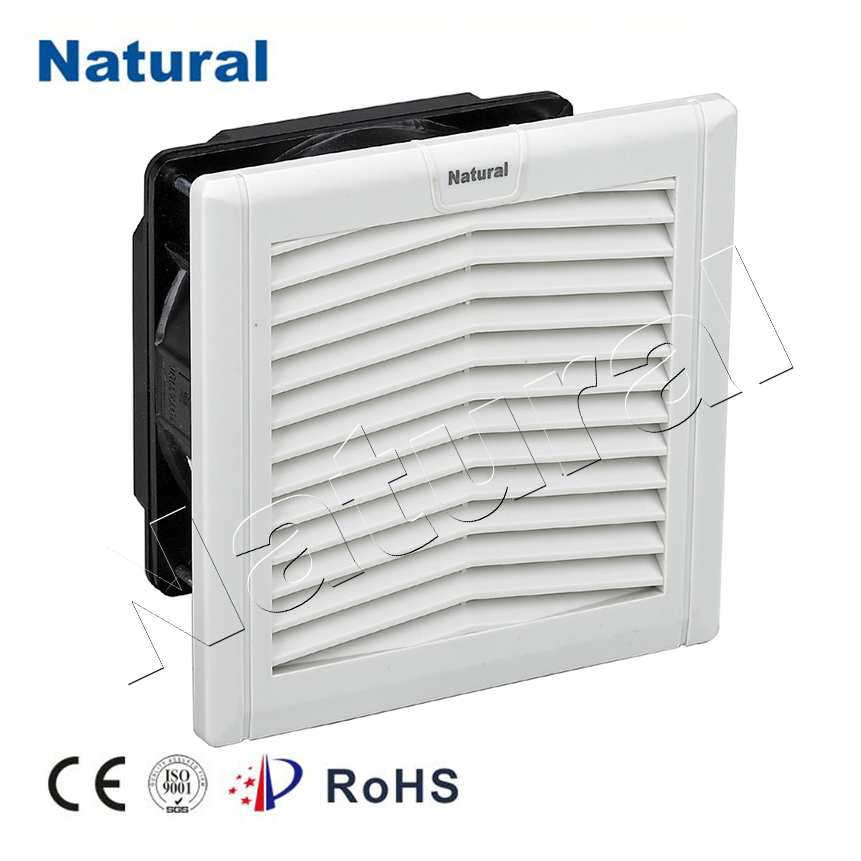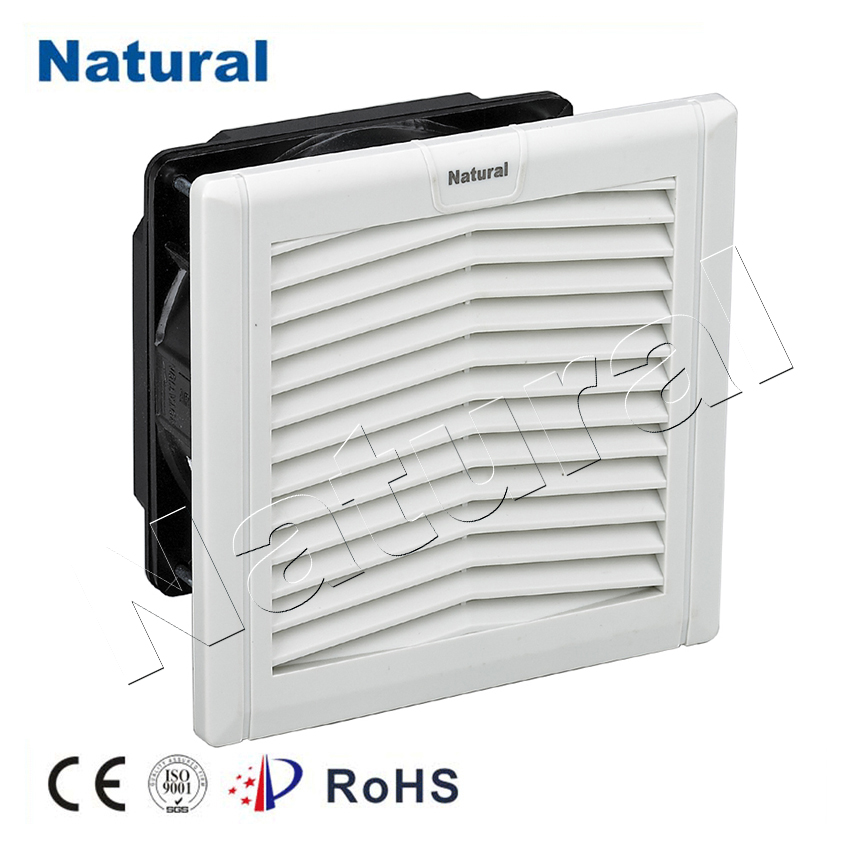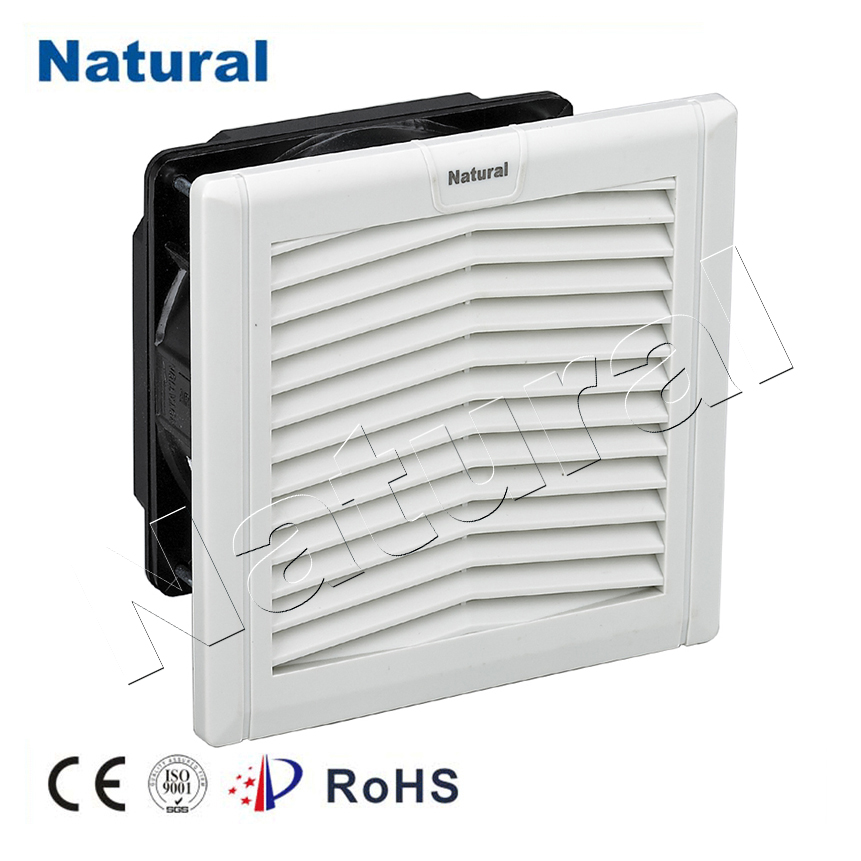Cooling fans are essential components in various machines, from computers to industrial equipment. They help regulate temperature by ensuring that heat is dissipated efficiently, preventing devices from overheating. However, the efficiency and longevity of cooling fans can be significantly affected by dust and debris accumulation. This is where cooling fan filters come into play. These filters are designed to improve the performance of cooling systems by blocking unwanted particles and ensuring that the airflow remains optimal. In this article, we will explore the significance of cooling fan filters, their types, benefits, and the impact they have on overall system health.

What Are Cooling Fan Filters?

Cooling fan filters are protective screens or meshes placed in front of cooling fans. These filters are made from various materials, such as foam, mesh, or fiberglass, and are designed to capture dust, dirt, and other particulate matter that could potentially clog or damage the fan and its components. The filters allow clean air to pass through, ensuring that the fan’s airflow remains consistent and that the internal components of a device remain protected from contamination. The Role of Cooling Fan Filters The primary role of cooling fan filters is to enhance the performance and efficiency of cooling systems. By trapping dust and other harmful particles, these filters prevent the buildup of debris inside the fan and the cooling system. Dust accumulation inside the fan can cause friction, leading to the overheating of the fan motor and potentially causing the entire system to fail.
